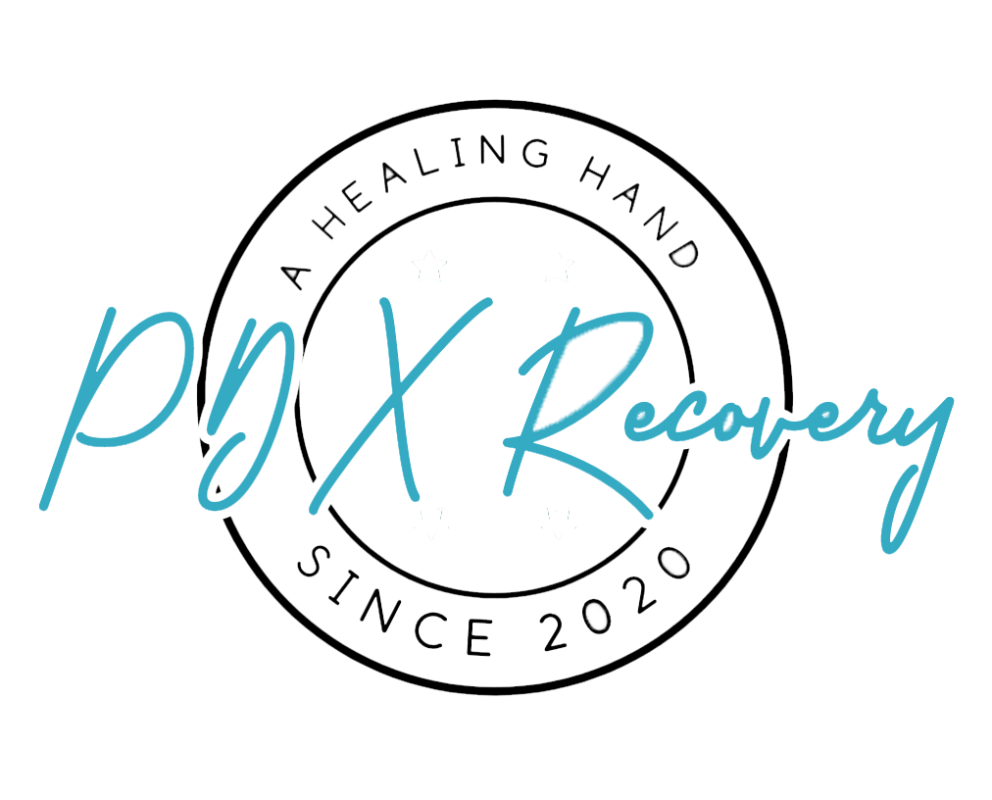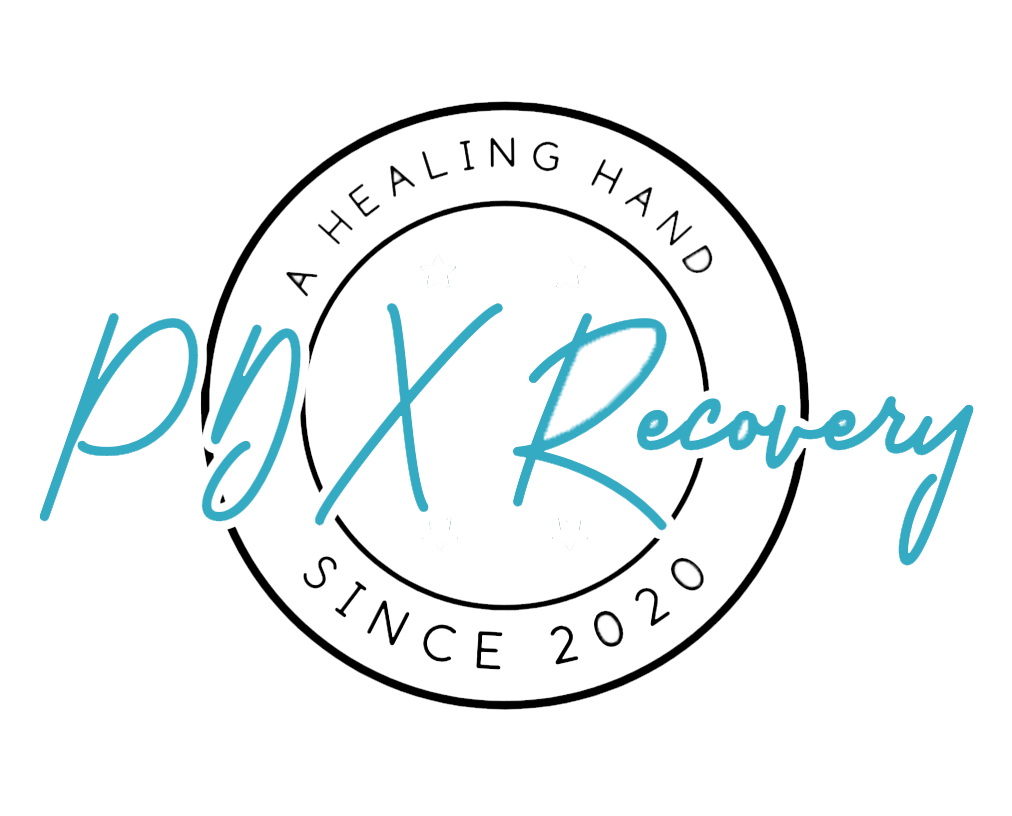About our sensory room
At Breakthrough Recovery, we understand the importance of offering our clients a peaceful and therapeutic environment. That’s why sensory rooms are a key part of our treatment options. These specialized rooms are designed to provide individuals with a safe and comfortable space where they can relax and engage their senses in therapeutic activities.
From soothing music to comforting scents, our sensory rooms are tailored to help individuals find peace and promote mindfulness. This can be especially beneficial for those struggling with addiction and mental health challenges, as it allows them to tune into their body and emotions in a supportive setting.
How Sensory Rooms Work
During the addiction cycle, individuals often lose their routine, facing daily chaos and uncertainty about how to establish healthy habits and structure. We are sensory creatures, constantly receiving stimuli from our surroundings. This influx of sensory information can be particularly overwhelming for those with mental health issues or those in recovery from drug/alcohol addiction.
Breakthrough’s cutting-edge multi-sensory room serves as a comforting sanctuary tailored to the patient. It allows for personalized sensory exploration, enabling individuals to feel more in control and regulated during their therapy sessions.
Family Involvement
Family support is a crucial aspect of the recovery journey. At PDX Recovery, we understand that addiction not only affects the individual but their loved ones as well. That's why we encourage family involvement in our treatment programs. We offer family therapy sessions to help repair relationships and provide education on how to best support their loved one in recovery.
more about our servicesGet Real Help.
Many struggling individuals find it challenging to start their recovery journey alone. We've supported many through mental health and substance abuse battles. Some credit their first step towards healing to someone special, marking a crucial move forward.
90%
Of clients would HIGHLY recommend us
90%
Of alumni say their treatment was a success
85%
Of clients report that they
are sober after 6 months

Recovery in Portland
PDX Recovery is the premier destination for those in search of addiction and mental health assistance in Portland. Distinguished by our holistic recovery methodology, tailored treatment strategies, and empathetic support, we emerge as a preeminent service in the area. Our adept therapists and psychiatrists employ proven therapies and innovative approaches to tackle the underlying factors contributing to addiction and mental health conditions.
FAQ
We've compiled a list of frequently asked questions to provide clarity on the experience and alleviate any remaining fears or anxieties you might have.
A day in treatment offers a structured and supportive setting to foster physical, mental, and emotional healing. Residents begin with a nutritious breakfast, followed by therapy sessions, group activities, and workshops addressing addiction's root causes. These include individual counseling, group and family therapy, exercise, educational lectures, and recreational pursuits. The day features balanced meals, moments for contemplation and relaxation, and opportunities for personal introspection through journaling or meditation. Evenings may include peer support meetings or 12-step programs, wrapping up with time for rest. Each day at our facilities is thoughtfully designed to support holistic recovery, enabling individuals to cultivate healthy habits and coping strategies.
A standard detox phase generally extends for approximately five days, but its duration may vary from three to 10 days based on individual factors. These include the type and quantity of substances used, duration and frequency of consumption, as well as the method of intake. Collectively, these variables dictate the required duration of the detoxification process for either yourself or a loved one.
When beginning treatment, it's important to bring along specific items that can provide comfort and support. These might encompass cozy clothes, personal care essentials, prescribed medications (accompanied by proper documentation), and materials like journals or books for personal introspection. Conversely, there are restrictions on what can be brought into addiction treatment centers. Prohibited items typically include substances like drugs or alcohol, weapons, and anything that could hinder the recovery process. To ensure a smooth transition into treatment, it's vital to check with the chosen facility beforehand for a comprehensive list of permitted and prohibited items.
We recognize the close connection between addiction and mental health challenges. Hence, our addiction treatment centers prioritize tackling underlying mental health issues. Our skilled team provides tailored support and therapy for various mental health conditions like depression, anxiety, PTSD, and more. Embracing a comprehensive recovery approach, we address both physical and mental well-being. Our admissions staff is committed to matching you with the ideal facility for holistic care, ensuring a successful healing journey. Count on us for unwavering support throughout your path to lasting sobriety and enhanced mental wellness.
Our admissions team is devoted to assisting you in finding the ideal treatment center that meets your needs. Choosing a rehab facility can feel overwhelming, which is why our team is here to help. We are dedicated to guiding you through the process and identifying the perfect center for yourself or your loved one. Comprised of compassionate and knowledgeable professionals, our admissions team understands the complexities of addiction and the importance of selecting the right treatment. We take into account your individual requirements, preferences, and any co-occurring conditions to connect you with a facility that offers personalized care. Remember, you don't have to go through this alone – our admissions team is here to support you every step of the way towards a successful recovery.
Watching a loved one battle addiction can be heart-wrenching and overwhelming. Feeling powerless and uncertain about how to aid them is common. The initial step in assisting your loved one is engaging in a candid conversation about their addiction. Express your apprehensions, extend your support, establish boundaries, and urge them to seek professional assistance. Researching treatment options together and ensuring resources are easily accessible can also be beneficial.
Remember, patience, empathy, and unwavering support are crucial throughout this journey. Recovery is a process that requires time. By employing a compassionate and supportive approach, you can guide your loved one towards a healthier, addiction-free life. Do not hesitate to seek guidance and support from our team; we are dedicated to assisting you and your loved one at every stage of the recovery process.
No matter how committed you are to your recovery journey or how resolute you are about maintaining sobriety, a relapse may occur. According to statistics from the National Institute on Drug Abuse, relapse rates in recovery vary from 40% to 60%. Following a relapse, feelings of shame and regret are common. There may even be thoughts of succumbing to addiction rather than persevering against the temptation to use. While these emotions are typical, they can hinder achieving a drug-free life. Instead of viewing a relapse negatively, consider it a learning experience; refine your relapse prevention strategies and identify triggers. By understanding the root causes of the relapse, you lay the groundwork for a recovery that ensures you bounce back stronger.
The first step involves evaluating whether returning to rehab is necessary. If the relapse was an isolated incident and you are committed to reviewing or adjusting your recovery plan, a return to an inpatient facility may not be needed. Such a setting offers hands-on care and continuous monitoring. However, falling back into a persistent pattern of substance misuse may indicate the necessity of reentering a structured treatment program. If conversations about substance use reoccur, mingling with individuals who endorse drinking, or resorting to substances for coping, it signals a more serious issue that requires immediate attention.
After rejoining treatment post-relapse, the primary emphasis should be on reintegrating into everyday life. Opting for a sober living environment for a few months following treatment could be the most effective way to prevent relapse, as accountability and structure are beneficial during the initial vulnerable phase. Moreover, having an outpatient therapy plan for ongoing support post-rehab is advantageous.
How to get started
We strive to make our services as accessible and affordable as possible. We are proud to say that we accept most major insurance plans, allowing you to utilize your benefits and receive quality care without breaking the bank.
Verify Benefits
CONSULTATION
Book a COMPLIMENTARY 30-minute consultation to meet with a counselor, discuss your treatment needs, and tour our facility.

EVALUATION
Schedule and complete a drug & alcohol EVALUATION to determine your level of care and appropriate treatment placement.

INTAKE
Schedule an INTAKE appointment once you have received the results from your assessment and begin your treatment program.






